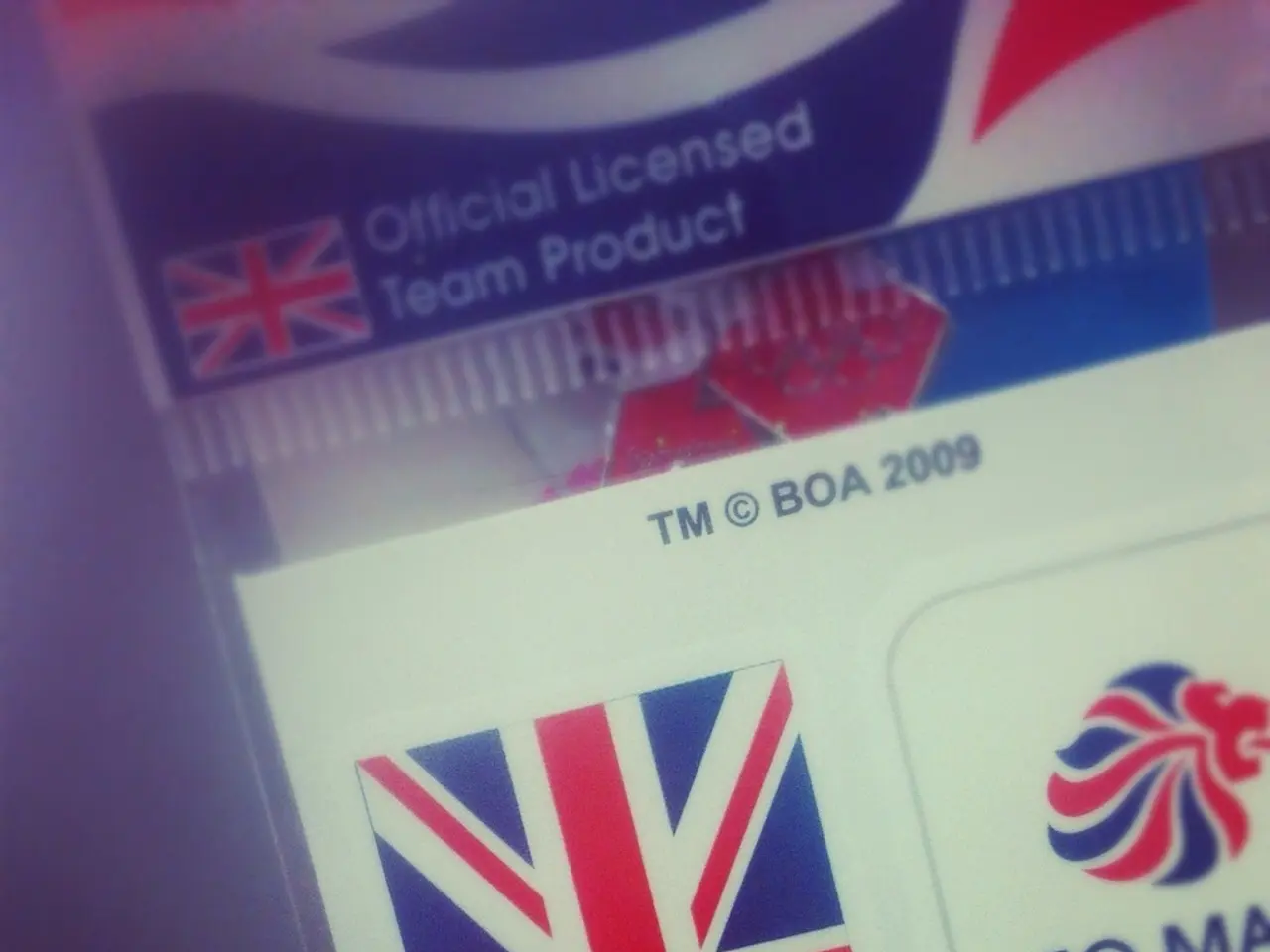South Africa's FICA Compliance Guide for 2024
South Africa Strengthens Anti-Money Laundering Regulations
South Africa is making significant strides in its efforts to combat money laundering and terrorism financing, with a focus on aligning its regulatory framework with the standards set by the Financial Action Task Force (FATF).
Under the Financial Intelligence Centre Act (FICA), companies operating in South Africa are required to record detailed information about their clients. This includes identity information, the nature of the business relationship, the sum of each transaction, information about accounts used in transactions, and the name of the employee who collected the required information.
In response to the FATF's 2021 mutual evaluation report, South Africa has enacted comprehensive reforms via the General Laws Amendment Act. These reforms, which began in 2022 and are ongoing, address deficiencies highlighted by the FATF. The amendments have expanded AML obligations to include sectors such as Trust and Company Service Providers (TCSPs), requiring them to conduct customer due diligence, report suspicious transactions, and implement risk management programs to prevent the misuse of corporate structures in money laundering or terrorist financing schemes.
These reforms have led to a 40% increase in compliance with AML requirements between 2023 and 2024. Enforcement has been strengthened by institutional reforms, including the establishment of specialized units such as the Investigating Directorate Against Corruption (IDAC) in 2024 to prosecute financial crimes more effectively.
However, despite these advances, South Africa was grey-listed by the FATF in 2023 due to systemic enforcement shortcomings, particularly in combating complex corruption and terrorist financing cases. The country remains a hub for illicit financial flows related to terrorist groups including Hamas and ISIS-affiliated entities, with vulnerabilities in sectors like illegal gold mining and drug trafficking through ports.
Moving forward, South Africa continues to focus on enhancing AML risk management, beneficial ownership registration, real-time transaction monitoring, and leveraging technology such as AI for financial crime detection. These initiatives are highlighted in the current AML & Financial Crime Southern Africa Conference scheduled for September 2025.
In addition to these measures, companies regulated by FICA are required to submit Suspicious Transaction Reports (STRs) when suspicions arise and Cash Threshold Reports (CTR) if a transaction exceeds R49,999.99 (approximately $2,614). They must also check whether a person is present on any sanctions lists and lists of adverse media and Politically Exposed Persons (PEPs).
Affected entities must monitor the actions of their customers during the customer lifecycle to identify activities that are not consistent with pre-established patterns. Companies must also appoint a Money Laundering Reporting Officer (MLRO) and provide internal training to staff members on AML policies and procedures.
Failure to comply with FICA may result in financial penalties which shouldn't exceed R10 million (approximately $522,900). Failure to submit an STR or CTR may result in financial penalties not exceeding R100 million (approximately $5.2 million) or imprisonment for up to 15 years.
Remote verification can include digital verification of identification documents, biometric recognition softwares, or verification via reliable data sources. Digital financial services require remote identity verification as supplements to physical verification, according to FICA.
The Financial Intelligence Centre (FIC) has the ability to oversee affected companies and grant requirements for companies to confront money laundering activities. The FICA is the main Anti-Money Laundering law of South Africa, introduced in 2001 and amended to align with FATF Recommendations. To comply with FICA, companies must register with the Financial Sector Conduct Authority (FSCA), implement AML policies, conduct Customer Due Diligence (CDD), Simplified Due Diligence (SDD), and Enhanced Due Diligence (EDD) procedures, screen for persons on sanction lists and Politically Exposed Persons (PEPs) lists, perform transaction monitoring, conduct ongoing monitoring of customer behavior and transactions, maintain records, and report suspicious activity.
The list of documents that can qualify as proof of residence varies and depends on the company, but should typically be issued within the last six months. All this information must be kept throughout the business relationship and for the next five years after the end of the relationship or last transaction.
In summary, South Africa has made significant legislative and institutional progress to align with FATF AML standards, particularly through FICA amendments and enhanced enforcement capacity. However, persistent challenges in enforcement and terrorist financing risks keep it under FATF's close scrutiny. The government and relevant authorities are actively working on closing gaps, with ongoing regulatory development and increased sectoral compliance focus throughout 2025.
The comprehensive reforms in South Africa, as stated in the General Laws Amendment Act, expand Anti-Money Laundering (AML) obligations to include Trust and Company Service Providers (TCSPs), requiring them to adhere to customer due diligence, report suspicious transactions, and implement risk management programs.
Companies operating in South Africa, in compliance with FICA, are required to submit Suspicious Transaction Reports (STRs) and Cash Threshold Reports (CTR) when appropriate, screen for persons on sanctions lists and Politically Exposed Persons (PEPs), and monitor customer behavior and transactions to identify activities inconsistent with pre-established patterns.




